Keywords: Despair
There are more than 200 results, only the first 200 are displayed here.
-
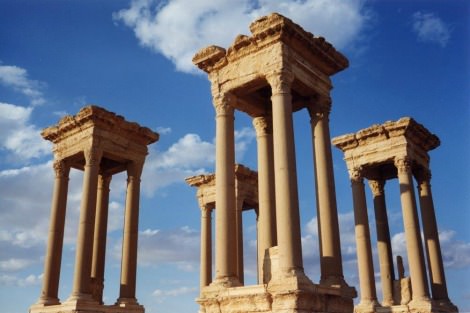
INTERNATIONAL
- Brigitte Dwyer
- 24 February 2017
6 Comments
To many in the West, we are living in a time of despair, an era of nihilism and meaninglessness, signified by growing violence, environment degradation and, most importantly, political chaos. This combination of events, and the sense of hopelessness that accompanies them, can easily be seen as markers of doom, a sign that the era of Western culture is in terminal decline. But it's also possible to interpret them as indicators of the malaise that marks the very peak of life.
READ MORE 
-
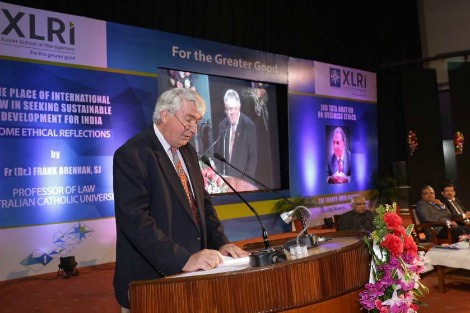
ENVIRONMENT
- Frank Brennan
- 02 December 2016
9 Comments
Neither India nor Australia can go it alone when confronting a global issue such as climate change. India cannot disregard the effects on other nations when it adopts laws and policies for alleviating the poverty of the poorest of the poor. Australia cannot disregard the effects on other nations when it considers restricting the availability of resources for export such as coal which might help provide electricity for the world's poorest citizens.
READ MORE 
-

ENVIRONMENT
- Frank Brennan
- 28 November 2016
'No matter what the economic, political and legal problems confronted by modern day India, our response can be improved by an application of the key principles and norms developed in the international law of trade and human rights, helping to enunciate the realm of law, regulation and political accountability, enhancing public scrutiny providing the right environment for doing business.' Frank Brennan presents the 25th JRD Tata Oration, Xavier School of Management, Jamshedpur, India, 26 November 2016.
READ MORE
-

ARTS AND CULTURE
- Tim Kroenert
- 23 November 2016
5 Comments
The welfare system Daniel experiences is a bureaucratic nightmare, populated by condescending Health Care Professionals, shadowy and calculating Decision Makers, managers who loom over their clients like stern parents, and caseworkers who stifle any human compassion for their desperate supplicants. He is grilled by a welfare officer about every aspect of his health except the only relevant one, his heart. Later, he runs afoul of the agency's 'online by default' processes. Daniel has never used a computer in his life.
READ MORE 
-
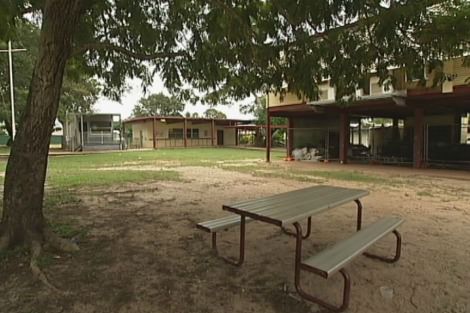
EDUCATION
- Dennis McIntosh
- 22 November 2016
24 Comments
I wondered why my daughter was able to get an education with a brain injury and I couldn't get one with a normal brain? So I decided to copy what we had done with her. In short, I started reading again and started patterning sentences. Do I care about Direct Instruction, or Noel Pearson and the Cape York Academy? No. I care about seeing children find the joy in learning and embracing with courage and confidence the opportunities an education can provide.
READ MORE 
-
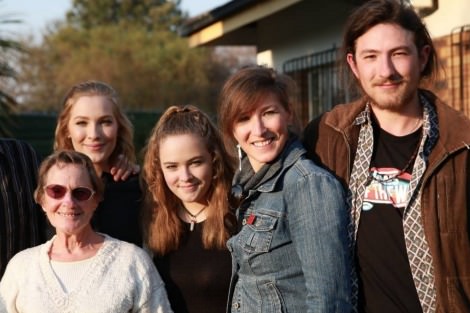
ARTS AND CULTURE
- Catherine Marshall
- 11 November 2016
5 Comments
One minute you're escorting your five-year-old daughter to the school gate, the next you're popping a bottle of Veuve Cliquot and wondering where the last 17 years went. My grandmother told me children age you. I thought she meant they wore you down, put grey hairs on your head. But I understood after I'd become a parent myself. Children are hour glasses that cannot be laid on their sides for even a moment, but must be turned over as soon as the last grain of sand has fallen through the flue.
READ MORE 
-
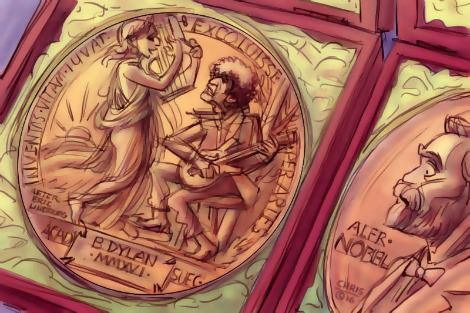
INTERNATIONAL
- Philip Harvey
- 04 November 2016
10 Comments
Initial silence from Dylan after the announcement of his Nobel Prize led one of the Scandinavian officials to complain he was being 'impolite and arrogant'. This prompted even more vitriolic opinion online on all sides, from fans, litterateurs, Dylanologists, and other armchair grenadiers. Just as things were getting completely tangled up in blue Dylan himself broke the silence to explain that news of the award had left him speechless. We shouldn't be surprised. Speechless is a normal state for a poet.
READ MORE 
-

AUSTRALIA
- Brian Matthews
- 03 November 2016
4 Comments
Curiously, while privacy continues to be valued and sought in the 21st century perhaps more strenuously than ever before, its milieu is once again the furious turmoil of aggressively public revelation, exhortation and threat that distinguished Johan Huizinga's scarifying portrait of the medieval world, in his book The Autumn of The Middle Ages. In our age, 'all things in life' once again have 'about them something glitteringly and cruelly public'. Or to put it another way, we have social media.
READ MORE 
-
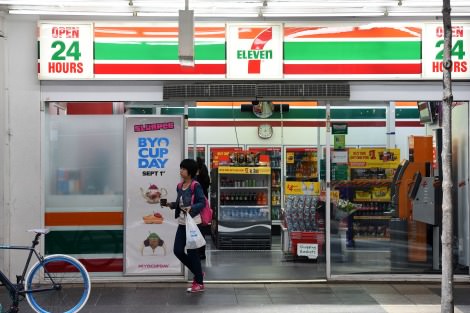
AUSTRALIA
- Evan Smith
- 27 October 2016
19 Comments
While the White Australia Policy attempted to prevent non-white workers from living and working in Australia, people from across the globe continued to do both, although often at the margins of white Australian society. The Australian Labor Party and the trade unions were complicit in maintaining this racial divide. In Australia today, a new wave of migrants is working in convenience stores, driving taxis or cleaning buildings. They are part of the Australian working class, but are often not considered such.
READ MORE
-
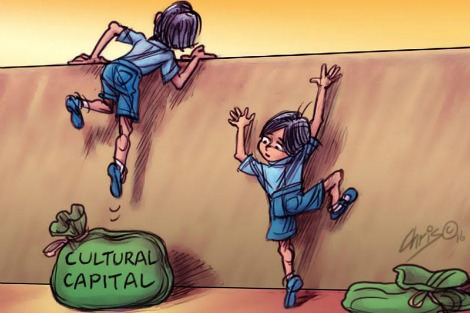
AUSTRALIA
- Sonia Nair
- 24 October 2016
15 Comments
Social theorist Pierre Bourdieu posited the disturbing finding that academic underperformance in lower-class students could be traced back to their lack of cultural capital, defined as 'familiarity with the dominant culture in a society, and especially the ability to understand and use 'educated' language''. According to Bourdieu, the mainstream education system assumes a certain level of cultural capital and as a result, educators speak in a manner that is only understood by a privileged few.
READ MORE 
-

AUSTRALIA
- Samuel Dariol
- 19 October 2016
9 Comments
A policy that deliberately inflicts harm on one group of people to deter others from coming to Australia is ethically obnoxious. It is now time to bring the people detained offshore to Australia. The Australian Catholic bishops have promised the resources of Catholic organisations to help educate the children, care for the health and meet other needs of the people who are detained. When a significant sector of the community is ready to help care for vulnerable people, it is proper to allow them to do so.
READ MORE 
-
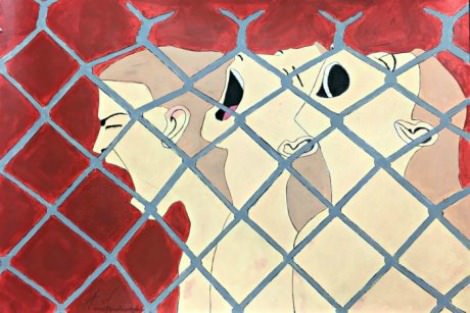
AUSTRALIA
- Lisa Stewart
- 26 September 2016
21 Comments
In the early hours of Wednesday morning, 21 September 2016, a young asylum seeker was forcibly removed from the Maribyrnong Immigration Detention Centre. With barely time to scramble his possessions together, he was taken away, placed on a plane and, along with four others, transferred to the high security detention facility on Christmas Island. Why? Because he's done something wrong? Because he's a criminal? No. Just because that's the way we now do things here.
READ MORE 